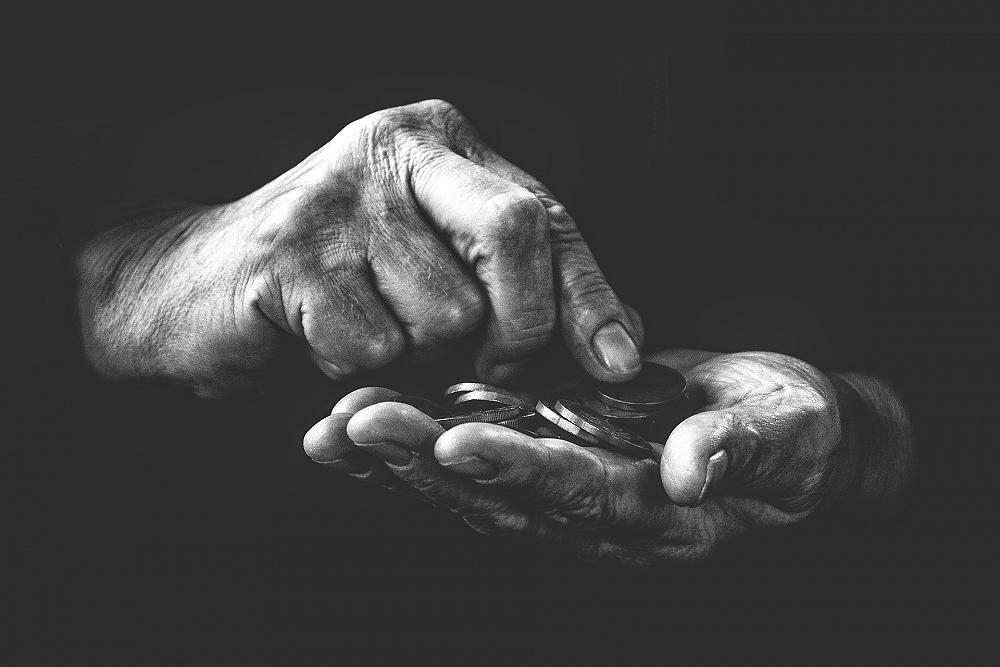
Income Security & Wealth Distribution
In Aotearoa New Zealand, between the 1950s and the 1980s, wealth and income used to be shared more evenly, however this changed dramatically over the following two decades when we had the biggest increase in income inequality in the world.
This is only half the story though, as income is much easier to measure than wealth. Wealth is much more unequally distributed than income and is often accumulated through untaxed inheritances or capital gains on property. The richest 10 percent of income earners have 27 percent of all after-tax income, while the wealthiest 10 percent of the population have 59 percent of all wealth. These are not necessarily the same people, as a pensioner living in their Auckland house worth $3 million may rely on New Zealand Superannuation as their only income.
Inequality connects wealth and poverty as they are at the opposite ends of the same spectrum, so they need to be looked at together.
A spectrum of wealth and poverty could look like this:
1. Complete reliance on the kindness of strangers for sustenance - deep poverty.
2. Your income is above average, but you are overcome with envy and a feeling of inadequacy towards those who earn more than you - deep psychological poverty.
3. You have a large income and net worth that was acquired in a way that brings active disdain from people who would otherwise want to like you - socially bankrupt.
4. Your lifestyle expectations consistently grow faster than your income and assets - adaptive poverty.
5. You have so much money you can do nothing, and doing nothing leads to boredom at best and self-destruction at worst - ironic poverty.
6. You have a large income and net worth which you are satisfied with, but your career and assets are fragile, leveraged, and will disappear when the world shifts only a little, leaving you yearning for the money you used to have and became accustomed to - pent-up poverty.
7. You have a job you love, surrounded by people you enjoy working with but one that does not pay well and leaves you vulnerable and stressed about your finances - financial poverty, life wealth.
8. You have a large income and net worth that was made in a job you hate that requires such long hours that it derails your social and family life - financial wealth, life poverty.
9. You can go to bed and wake up when you want to. You have time to exercise, eat well, learn, think slowly, and clear your calendar when you want it to be clear - health wealth.
10. You could stop working tomorrow, and your lifestyle could remain the same for the indefinite future. You can, and want to use your wealth to help others because you care about them, not because it will make you look good or make them beholden to you, but because of the social cohesion it creates - financial and social wealth.
How our economy is structured determines how wealth is distributed and shared. Do we want a society that values individuals ahead of communities and discourages the government from collecting more tax from the wealthy, as it is viewed as punishing “successful people?” Society is stronger and everyone better off when the government shows compassion towards those who are struggling due to a range of drivers like ill health, discrimination, difficult upbringing, and bad luck. In these communities, governments ask for a greater tax contribution from wealthy people, and invest more in social support, infrastructure (including for housing), education and health services for the benefit of all people.
Societies which are more equal have higher functionality and productivity, more cohesion, and are healthier than their unequal counterparts. Many recent polls in Aotearoa show that most people are concerned with our widening inequality and the associated negative effects. The majority of New Zealanders support a more even distribution of wealth than we currently have. So why isn’t this happening?
As a society we need to look at the drivers of inequality like racism, discrimination, colonisation, and disability. We need to have the courage to sit in that most uncomfortable space, to hear these stories, to accept the reality of hurt, injustice, and anger, and to advocate for change in society. As Moira Lawler would say, “It doesn’t have to be this way.”
The Methodist Alliance’s working group campaigning to increase benefit and abatement rates has drafted a resource to look at the issues of income security, wealth distribution and debt to government. It contains questions to consider, stories to reflect on, and questions for parliamentary candidates. We hope this will be a well-used resource to help us make Aotearoa a more just and inclusive society where everyone can flourish.
